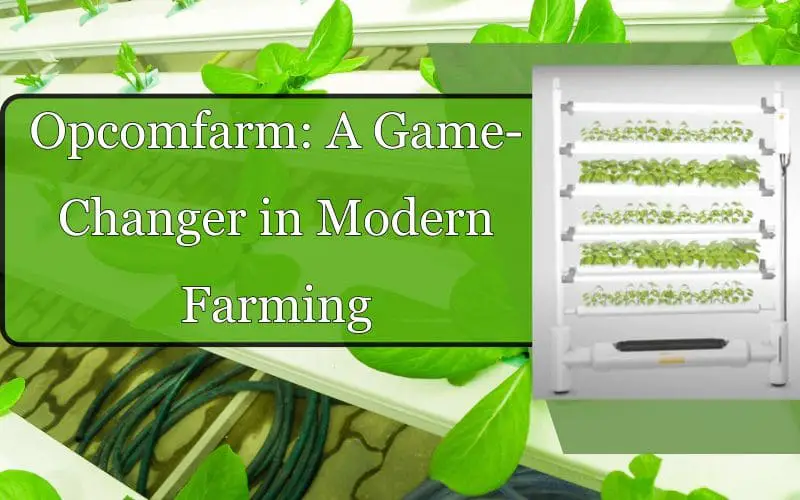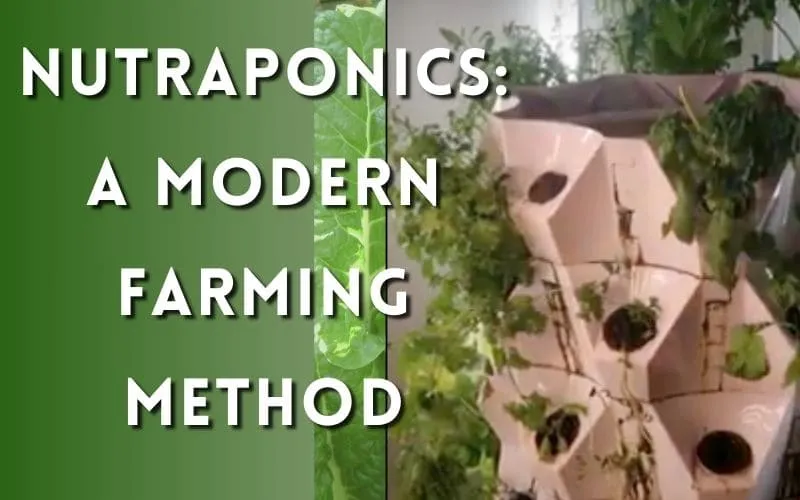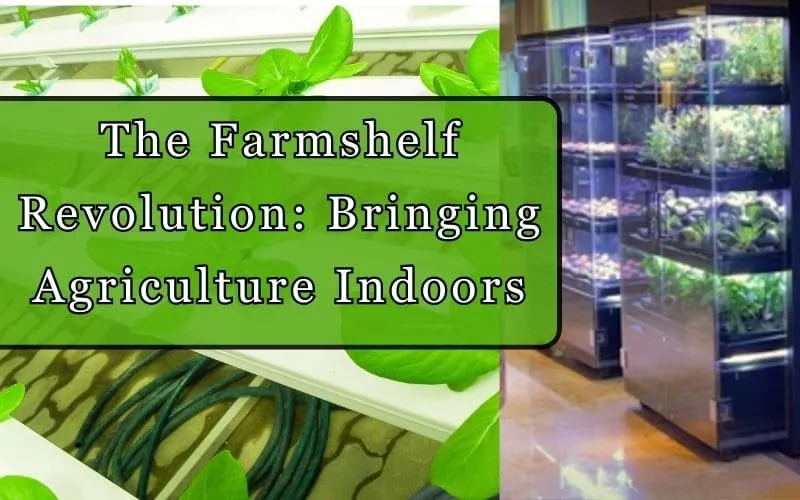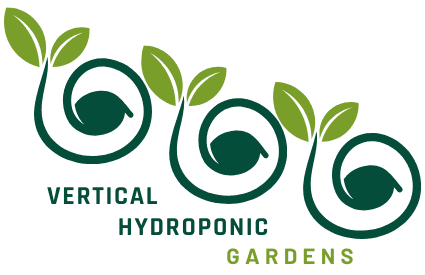Opcomfarm: A Game-Changer in Modern Farming

Introduction
Welcome to the world of Opcomfarm, where innovative technology meets sustainable agriculture. In this section, we will delve deeper into the core concepts and significance of Opcomfarm in modern farming practices. Let’s explore the foundational principles and key components that make Opcomfarm a game-changer in the agricultural landscape.
What is Opcomfarm?
Understanding the Technology
Opcomfarm represents a groundbreaking approach to vertical hydroponic gardening by integrating advanced technology with agricultural practices. It leverages state-of-the-art systems and data-driven management to enhance cultivation processes. Understanding the Technology: Opcomfarm’s innovative technology is centered around precision-controlled hydroponic systems that optimize the growth environment for plants. These systems utilize sensor data to regulate factors such as nutrient delivery, water cycling, and lighting, ensuring maximum efficiency and yield. Additionally, Opcomfarm’s technology integrates remote monitoring capabilities, allowing growers to monitor and adjust cultivation parameters from anywhere, ensuring constant optimization and care for the crops. The advanced algorithms implemented in Opcomfarm’s technology contribute to the intelligent management of resources, resulting in sustainable and environmentally friendly practices.
Benefits of Opcomfarm
Increased Efficiency and Productivity
Implementing Opcomfarm technology revolutionizes the efficiency and productivity of vertical hydroponic gardens, paving the way for substantial improvements in various operational aspects:
- Resource Optimization: Opcomfarm integrates advanced monitoring and control systems, ensuring precise and efficient resource utilization. This leads to a significant reduction in waste and costs while maximizing output.
- Streamlined Workflows: The technology simplifies and automates critical workflows, streamlining the entire production process. This, in turn, frees up valuable human resources to focus on strategic improvements and innovations.
- Accelerated Harvest Cycles: By leveraging cutting-edge growth optimization techniques, Opcomfarm shortens the cultivation cycle, resulting in more frequent and consistent harvests throughout the year.
Sustainable Farming Practices
Opcomfarm is committed to promoting sustainable farming practices that prioritize environmental conservation and resource efficiency. By embracing sustainable agricultural methods, Opcomfarm aims to minimize its ecological footprint and optimize the utilization of natural resources.
Here are some key sustainable farming practices that Opcomfarm focuses on:
- Conservation Tillage: Opcomfarm implements minimal tillage practices to reduce soil erosion, improve soil health, and increase carbon sequestration.
- Water Conservation: Through the use of drip irrigation systems and rainwater harvesting, Opcomfarm efficiently manages water resources, minimizing wastage and supporting sustainable crop growth.
- Integrated Pest Management: Opcomfarm utilizes biological pest control methods and crop rotation to reduce reliance on synthetic pesticides, promoting a balanced ecosystem within its farms.
- Agroforestry: By incorporating trees into its agricultural landscapes, Opcomfarm enhances biodiversity, sequesters carbon, and provides additional sources of income.
These sustainable practices align with the principles of agroecology and sustainable intensification, demonstrating Opcomfarm’s commitment to eco-friendly and socially responsible food production.
Year-Round Cultivation
One of the notable benefits of Opcomfarm is its provision for year-round cultivation, breaking away from the constraints of seasonal harvesting. This enables consistent, uninterrupted production, ensuring a stable supply of fresh produce throughout the year.
How Opcomfarm Works
Smart Farming Systems
Smart Farming Systems
- Opcomfarm integrates smart farming systems that automate and optimize key agricultural processes in vertical hydroponic gardens.
- This includes precise monitoring and control of environmental parameters, resulting in enhanced crop growth and health.
- Smart farming systems utilize IoT (Internet of Things) technology to collect and analyze data from sensors, enabling real-time decision-making for optimal plant growth.
- The integration of cloud-based platforms allows for remote control and monitoring of the farming systems, providing convenience and flexibility for farmers.
Integration of IoT and Agriculture
The technology seamlessly blends the Internet of Things (IoT) with traditional agricultural methods, enabling real-time data collection and analysis. This convergence enhances decision-making and operational efficiency, contributing to sustainable and intelligent farming practices.
Data-Driven Farm Management
Opcomfarm implements data-driven farm management, utilizing advanced analytics to optimize resource allocation, crop selection, and cultivation strategies. This data-centric approach ensures precision, productivity, and informed decision-making at every stage of cultivation.
Opcomfarm Components
Hydroponic Systems
Opcomfarm incorporates advanced hydroponic systems that deliver nutrients directly to plant roots, eliminating the need for soil. This ensures optimal nutrient uptake and water conservation, contributing to sustainable and efficient cultivation.
- Utilizes state-of-the-art nutrient solutions
- Precisely delivers essential nutrients to plant roots
- Supports optimal growth and crop yield
Opcomfarm employs various hydroponic techniques, including:
- Drip System: Ensures constant nutrient supply to plants
- NFT (Nutrient Film Technique): Efficiently delivers nutrients in a thin film of water
- Aeroponics: Provides a nutrient mist to plant roots, promoting rapid growth
By employing these diverse hydroponic methods, Opcomfarm achieves outstanding crop quality and yield.
Automated Climate Control
The technology features automated climate control mechanisms, regulating temperature, humidity, and light cycles within the vertical hydroponic environment. This precision control fosters ideal growing conditions, promoting healthy and robust plant growth.
Nutrient Delivery Systems
Opcomfarm is at the forefront of innovative nutrient delivery systems designed to provide plants with an optimal environment for growth and vitality. By utilizing advanced technology and precision dosing, our nutrient delivery systems ensure that plants receive the essential nutrients they need at the right time and in the right quantities. This approach maximizes plant health, significantly reduces resource wastage, and ultimately leads to higher quality and yield in produce.
- Customizable Nutrient Formulations: Our systems allow for the creation of tailored nutrient formulations based on plant type, growth stage, and specific nutritional requirements.
- Precision Dosing: Through precise dosing mechanisms, our systems deliver nutrients in exact amounts, preventing over or under-feeding of plants.
- Automated Monitoring and Adjustment: The nutrient delivery systems are equipped with automated monitoring and adjustment capabilities, ensuring that nutrient levels remain optimal at all times.
Furthermore, our nutrient delivery systems are designed to integrate seamlessly with the overall hydroponic setup, providing a comprehensive solution for nutrient management within the cultivation environment. This integration allows for real-time data analysis and feedback, enabling growers to make informed decisions to enhance plant nutrition and overall yield.
Remote Monitoring and Control
The technology enables remote monitoring and control of cultivation parameters, offering real-time insights into plant health and environmental conditions. This feature empowers farmers with remote oversight, enhancing operational efficiency and proactive decision-making.
Opcomfarm in Practice
Case Studies and Success Stories
Opcomfarm’s practical implementation has yielded compelling case studies and success stories that highlight its transformative impact on vertical hydroponic gardening. These real-world demonstrations showcase enhanced productivity, resource efficiency, and sustainable cultivation practices.
One notable case study details the experience of a small urban farm that implemented Opcomfarm’s technology to maximize its limited space. By adopting vertical hydroponic gardening, the farm was able to significantly increase its crop yield while reducing water usage and minimizing wastage. This success story emphasizes the practical benefits of Opcomfarm in real-life applications, demonstrating how it can address the challenges of urban farming and contribute to sustainable food production in densely populated areas.
Real-life Applications
Opcomfarm’s real-life applications in vertical hydroponic gardens extend across various sectors, from small-scale urban agriculture to large-scale commercial greenhouse operations. Its adaptability and versatility make it an indispensable tool, revolutionizing agricultural practices and contributing to sustainable food production.
Challenges and Solutions
Overcoming Traditional Mindsets
Opcomfarm faces significant challenges associated with traditional mindsets and perceptions of technology in agriculture. The resistance to change and the reliance on age-old practices can hinder the adoption of modern agricultural technologies. To address this, Opcomfarm has implemented several innovative strategies and initiatives to overcome these traditional mindsets:
- Community Engagement: Opcomfarm actively engages with local communities to understand their concerns and provide education on the benefits of technology in agriculture. This approach helps in building trust and rapport, leading to better acceptance of modern farming practices.
- Partnerships with Educational Institutions: Collaborating with universities and agricultural schools, Opcomfarm conducts workshops and seminars to highlight the potential of technology-driven farming methods. This educational outreach fosters a positive outlook towards modern agricultural practices among the younger generation.
- Case Studies: Sharing success stories and case studies of farmers who have embraced technology and witnessed significant improvements in their yields. These real-life examples serve as compelling evidence of the benefits of adopting modern agricultural techniques.
- Interactive Demonstrations: Organizing interactive demonstrations and field trials to showcase the practicality and effectiveness of advanced farming equipment and precision agriculture technologies.
By addressing traditional mindsets through community engagement, education, and practical demonstrations, Opcomfarm is successfully paving the way for the widespread acceptance and utilization of technological advancements in agriculture.
Technical Challenges and Solutions
Technical Challenges and Solutions
- Integration Challenges
- Operational Complexities
- Adaptive Solutions
When it comes to Opcomfarm integration, there are several technical challenges that necessitate adaptive solutions. These challenges include:
- Data Integration: Integration of Opcomfarm with existing systems and databases may present compatibility issues, data formatting discrepancies, and interoperability hurdles.
- Performance Optimization: Ensuring the optimal performance of the technology within the context of varying environmental conditions, usage scenarios, and user behaviors.
- Interoperability: Addressing the interoperability challenges between Opcomfarm and other software, hardware, and infrastructure components.
These technical challenges are being actively tackled through continuous research, development, and industry collaboration. The focus is on devising innovative solutions that ensure the seamless adoption and operation of Opcomfarm, leading to enhanced productivity and efficiency.
Opcomfarm and the Future of Agriculture
Impact on Food Security
Opcomfarm’s impact on food security is multifaceted and plays a crucial role in addressing global food challenges. Through the implementation of advanced cultivation methods, Opcomfarm not only enhances food production but also ensures sustainability and resource conservation.
- Advanced Cultivation Techniques: Opcomfarm employs cutting-edge hydroponic and vertical farming technologies, leading to increased crop yields and reliable food production, even in limited spaces.
- Resource Conservation: By utilizing water-efficient irrigation systems and energy-saving technologies, Opcomfarm minimizes resource consumption and contributes to environmental conservation.
- Global Food Security Initiatives: Opcomfarm actively participates in international food security programs, sharing expertise and best practices to support sustainable food production and alleviate hunger in underserved regions.
Sustainability and Environmental Impact
Opcomfarm’s commitment to sustainability and environmental impact is evident in its innovative practices and forward-thinking approach to agriculture. By focusing on eco-friendly solutions and resource-efficient cultivation methods, Opcomfarm is making significant strides towards a more sustainable future for agricultural production.
- Implementation of renewable energy sources, such as solar and wind power, to reduce reliance on traditional energy
- Utilization of water-saving irrigation systems to minimize water usage and preserve natural resources
- Integration of precision farming techniques to optimize resource allocation and reduce wastage
- Adoption of agroecological principles to support diverse ecosystems and natural habitats
- Implementation of soil conservation practices to maintain soil fertility and enhance biodiversity
- Utilization of organic farming methods to minimize chemical inputs and promote soil health
Opcomfarm’s dedication to sustainability extends beyond its operational practices and extends to its comprehensive approach to environmental stewardship. Through collaboration with local communities and environmental organizations, Opcomfarm aims to set new standards for sustainable agricultural development and contribute to a healthier planet for future generations.
Potential Advancements
Opcomfarm represents an incubator for potential advancements in agricultural technology, offering a platform for continuous innovation and technological evolution. This positions it as a catalyst for future breakthroughs and transformative changes in the agricultural landscape.
Conclusion
After exploring the various aspects of Opcomfarm, it is evident that this innovative technology holds great promise for the future of agriculture. The integration of IoT, smart farming systems, and data-driven management has led to increased efficiency, year-round cultivation, and sustainable farming practices. Opcomfarm has successfully addressed numerous challenges in traditional agriculture and continues to pave the way for advancements in food security and environmental sustainability.
- Impact on Food Security: With its ability to optimize crop production and maximize resources, Opcomfarm plays a crucial role in ensuring food security for communities and regions.
- Sustainability and Environmental Impact: The adoption of Opcomfarm promotes sustainable farming practices, reduces environmental footprint, and minimizes the use of water and land resources.
- Potential Advancements: As technology evolves, Opcomfarm is poised to undergo further advancements and integrations, contributing to the overall growth and modernization of agriculture.




